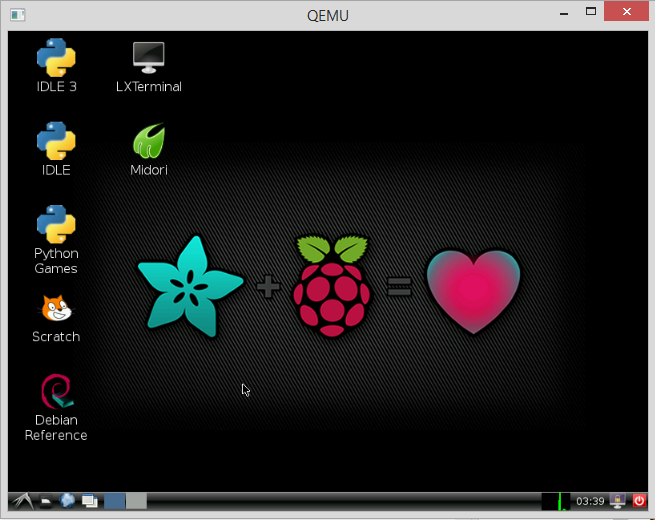Benchmarking Suricata in Different Isolation Systems Using TCPreplay
Containers like LXC are becoming a popular solution to program isolation. Compared to virtual machines (VM), containers tend to have less resource overhead and higher performance, which makes it interesting to explore how much benefit we can get from deploying virtual network functions (VNF) with containers instead of VMs. Therefore, we conducted an experiment in which we compared performance and resource usage of Suricata, a popular multi-threaded IDS program, in bare metal, Docker container, and virtual machine setups, and in different load levels and resource allocation configurations.
Continue readingonedrived - Microsoft OneDrive client for Linux
onedrived is a client program for Microsoft OneDrive on Linux platform.
It enables you to sync local directories with remote OneDrive repositories
(a.k.a., “Drive”) of one or more OneDrive Personal account (OneDrive for
Business accounts are not yet supported).
The program is written in Python3, and uses official OneDrive Python SDK to communicate with OneDrive server, Keyring to securely store account credentials, and Linux inotify API to monitor file system changes.
Continue readinggitlab-ag - Combining Git and Autograding
Planned in December 2014 and first released in January 2015, gitlab-ag is a project that aims to enhance GitLab, an open-source GitHub-like system, for educational use. The primary goal is to facilitate batch operations on GitLab and integrate automated grading mechanism, thereby replacing the AutoGrader system used in the past. It runs as a standalone website that manipulates GitLab API. GitHub Repository: https://github.com/xybu/gitlab-ag Documentation: https://github.com/xybu/gitlab-ag/blob/master/README.md License: GPLv2 Features Import / delete users in batch: import students (GitLab users) from CSV when a new semester starts, and delete all users after semester ends. Continue readingStockPulse for WP8 - a StockTwits client for WP8
Grab the pulse of your favorite stocks! StockPulse is an unofficial app for StockTwits (https://stocktwits.com), “a financial communications platform for the investing community”. With StockPulse you can easily manage portfolios (watchlists), follow trending stocks and users, read streams and post messages on your StockTwits account on your Windows Phone 8 device. The app is free and available at Windows Phone Store. Tutorial Hints in general Navigating too fast may result in internet failure because StockTwits API has rate limit. Continue readingChecking Memory Leakage of Student Programs
So far my assignment grading system uses a legacy (and buggy) library written by some former TA to check memory leakage of student programs. Now that it’s time for a major OS upgrade (Ubuntu 14.04), this solution exposed more bugs. Time to retire it and make my own ones.
Continue reading